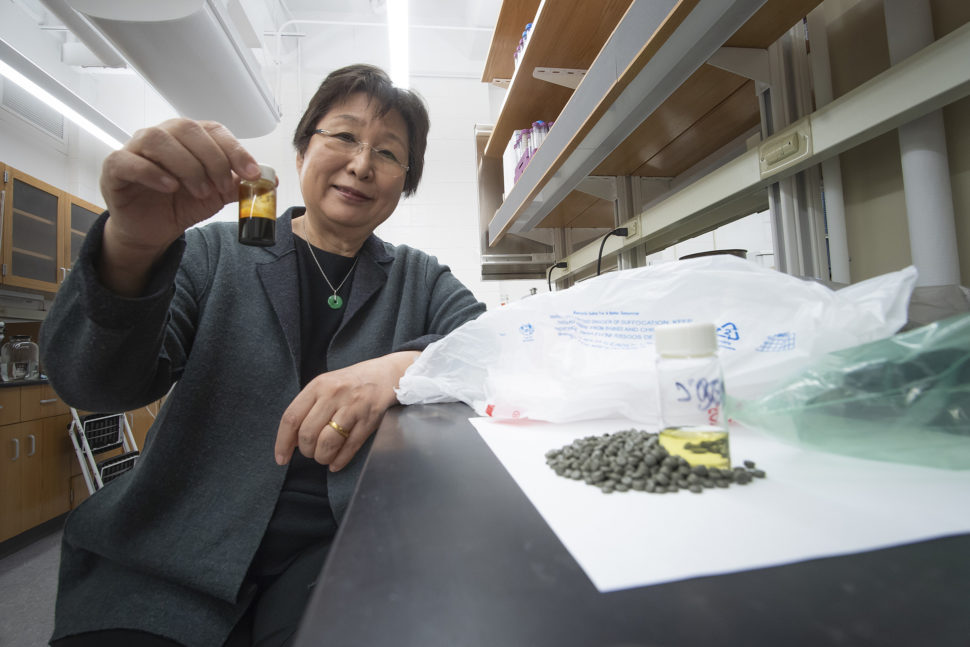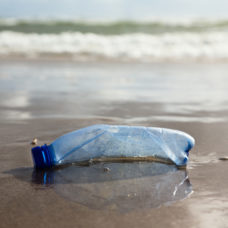Researchers at the Davidson School of Chemical Engineering at Purdue University recently created a waste conversion technology that could transform plastic waste into fuel.
Aside from clean fuels, the chemical conversion process could also turn polyolefin, a particular form of plastic, into other useful products. According to the Purdue University researchers, their new technology can transform over 90 percent of polyolefin waste into different materials like polymers, naphtha, and monomers.
“Our strategy is to create a driving force for recycling by converting polyolefin waste into a wide range of valuable products, including polymers, naphtha (a mixture of hydrocarbons), or clean fuels,” Linda Wang, lead researcher of the team, said.
“Our conversion technology has the potential to boost the profits of the recycling industry and shrink the world’s plastic waste stock.”
Waste Conversion Technology to Lessen Plastic Waste
Wang developed the waste conversion technology together with Grace Chen and in collaboration with Gozdem Kilaz and Petr Vozka. Their process involves selective extraction and hydrothermal liquefaction, the method used to turn wet biomass into crude-like oil.
The chemical process can reportedly produce about 4 percent of the yearly demand for gasoline and diesel fuels just by converting plastic waste.
“Plastic waste disposal, whether recycled or thrown away, does not mean the end of the story,” Wang said in an interview.
“These plastics degrade slowly and release toxic microplastics and chemicals into the land and the water. This is a catastrophe because once these pollutants are in the oceans, they are impossible to retrieve completely.”
Wang and her team are hoping that their new waste conversion technology will help boost the recycling industry into reducing the amount of plastic waste the world is producing.
At the moment, they are working on getting investments and partnerships to support their cause and demonstrate their technology on a commercial scale.



















A very interesting article. A great contribution for humanities.